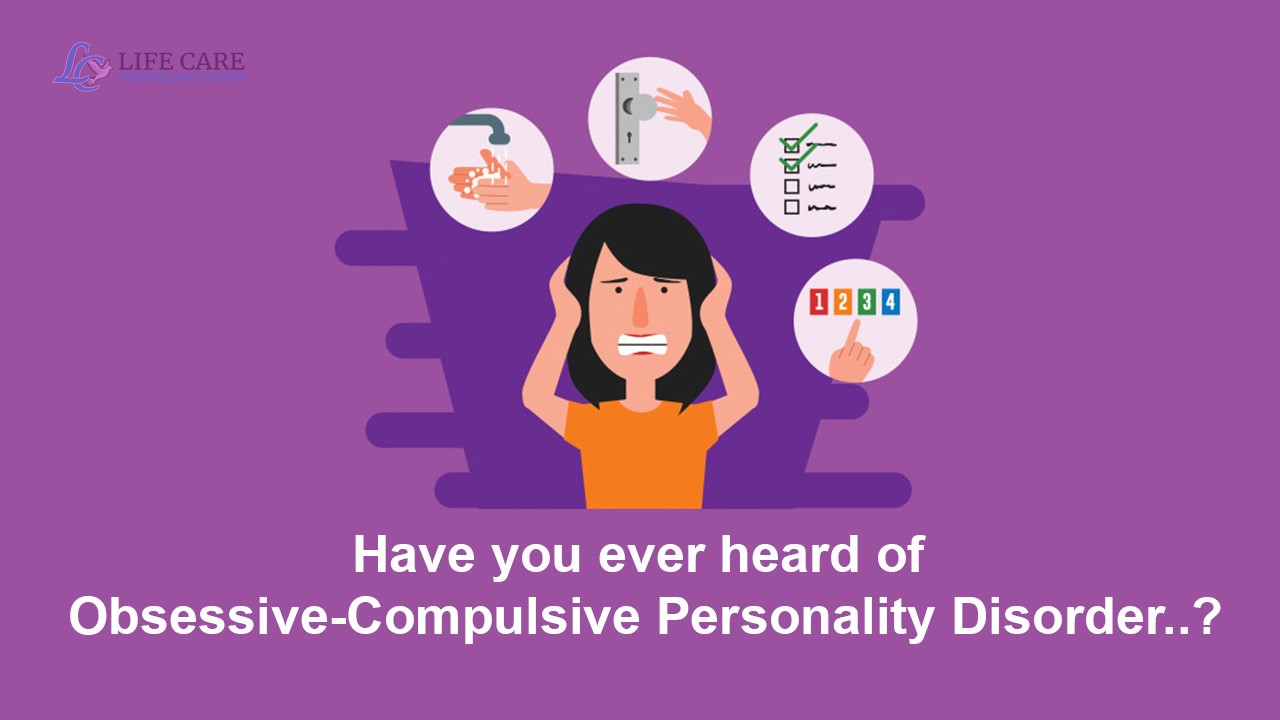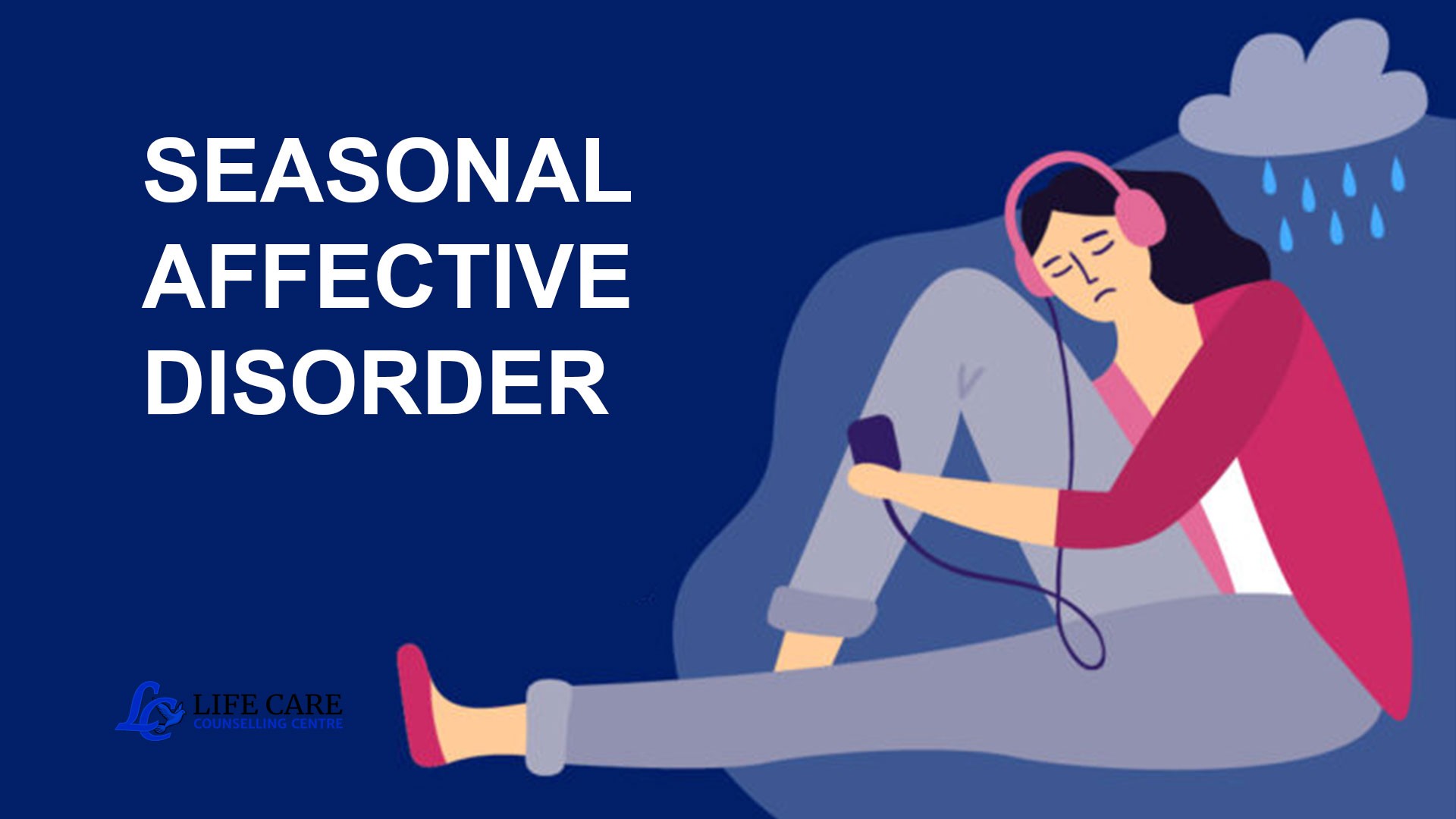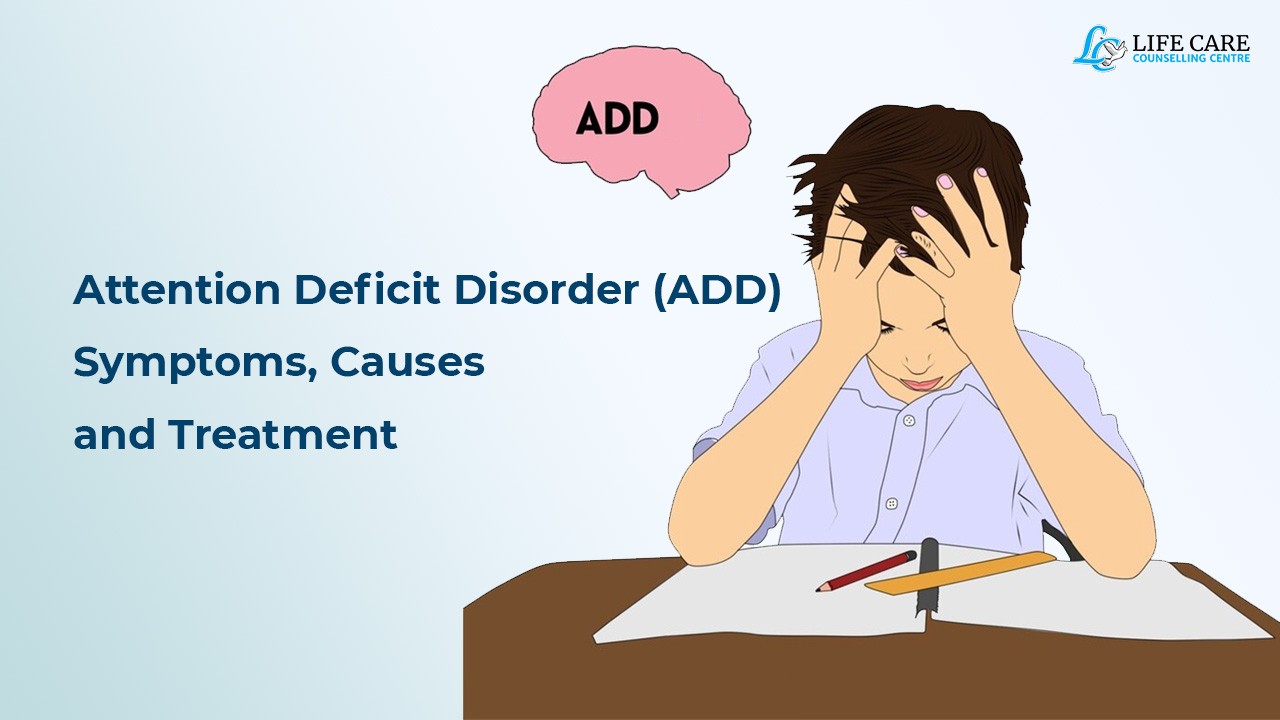OCPD is a personality disorder that’s characterized by extreme perfectionism, order, and neatness. They want their standards to be maintained by others and hence they try to do that in a very severe manner.
Problems that people with the obsessive-compulsive personality disorder face. People troubled with Obsessive-compulsive personality disorder face the following difficulties and symptoms which makes it challenging to express their feelings.
- They’re hardworking, but their obsession with perfection can make them inefficient.
- They are always concerned with rules, lists, order, ranks organization, or schedules to the level that the primary focus of the activity is lost.
- They are highly devoted to work and productiveness to the extent that leisure activities and social obligations are of no importance. This is often the cause of why they face social isolation as forming a close relationship with others is an uphill task for them.
- They have difficulty forming and maintaining close relationships with others.
- They find it difficult to express their feelings.
- Some people with the disorder face difficulty to abandon useless or unworthy objects even when they have no emotional value to them.
People with OCPD don’t have an idea if there’s anything wrong with their behaviour. They think and feel that whatever and however they think is right and others are wrong.
What are the causes of OCPD?
The exact cause of OCPD is unknown. OCPD may be caused by a combination of genetics and childhood experiences that they needed to be a perfect or perfectly obedient child. This need to follow the rules then carries over into adulthood.
Who all are at risk of obsessive-compulsive personality disorder?
A recent survey conducted showed that between 2 and 7 percent of the population has OCPD and men are twice as likely as women to be diagnosed with this personality disorder. Most people will be done with extreme symptoms experience by the time they hit their 40s or 50s.
Symptoms of OCPD:
- Always want to be on time and expect the same from others.
- Paying extreme attention to every detail of the subject.
- Obsession with perfection can make them inefficient to finish tasks.
- Excessive devotion to work by avoiding family or social relationships.
- Rigid and stiff mannerisms.
What are the possible treatments for OCPD?
Mental health therapists often use a combination of three ways recommended to treat the disorder:
- Medication
- Relaxation training
- Cognitive behavioural therapy (CBT)
Medication
Your therapist may consider prescribing a selective serotonin reuptake inhibitor (SSRI) to decrease some anxiety surrounding the obsessive-compulsive cycle.
Relaxation training
Relaxation training involves specific breathing and relaxation exercises that can help decrease your sense of stress heart rate and anxiety.
Cognitive behavioural therapy (CBT)
CBT is a common type of mental health counselling, during which you meet with a mental health practitioner on a structured schedule. These regular sessions involve working with your counsellor to talk through any anxiety, stress, or depression. A mental health counsellor may encourage you to put less emphasis on work and more emphasis on recreation, family, and other interpersonal relationships.
Working with a skilled mental health practitioner, you can learn to accept responsibility for your actions, develop a better sense of proportion, and build healthier relationships. If you recognize aspects of your or your fellow one’s personality that are common to Obsessive-compulsive personality disorder or you’re feeling overwhelmed by sadness, consider reaching out to us.
Need Help?
Does your teen child faces problems with any of these symptoms? It's now or never.
- Book an appointment with our most experienced adolescent counsellor and have a free discussion over phone.
- Call us now: 8157-882-795





